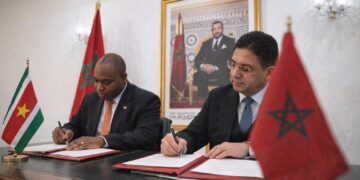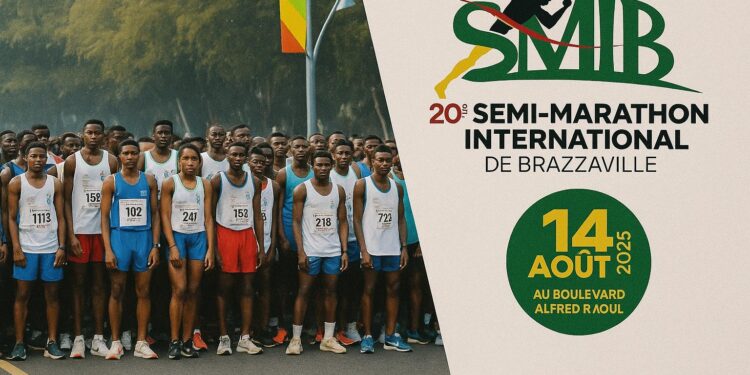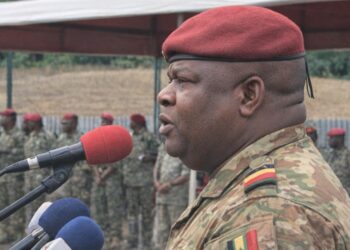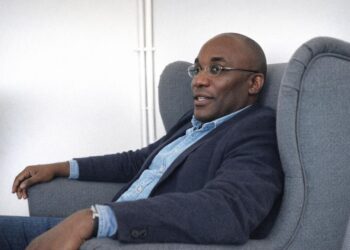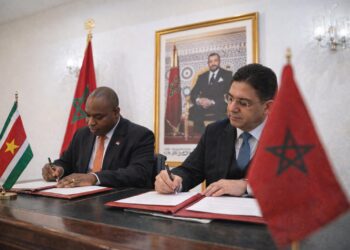A Tradition of Athletic Diplomacy
In a city accustomed to diplomatic summits and hydrocarbon conferences, it is the rhythmic cadence of runners’ footsteps that will dominate Brazzaville’s riverfront on 14 August 2025. The International Half-Marathon of Brazzaville, celebrating its twentieth edition, has outgrown its origins as a municipal race to become a hallmark of popular sport across Central Africa. Its continued expansion owes much to the unwavering backing of the Société Nationale des Pétroles du Congo. By renewing the title sponsorship, the SNPC echoes President Denis Sassou Nguesso’s longstanding view of sport as a unifying vector for a nation whose demographic median age hovers below twenty (Ministry of Youth and Sports, 2024).
Strategic CSR in Hydrocarbon Economies
National oil companies seldom enjoy an uncomplicated public image, yet the SNPC has chosen the athletic arena to project a narrative of shared prosperity. Since 2010, the firm has channelled an average of three percent of its discretionary social-investment budget into the race, covering hydration stations, medical tents and athlete bursaries (Jeune Afrique, May 2024). Executives argue that a high-visibility, low-controversy event allows the company to illustrate tangible returns on hydrocarbon revenue without venturing into the politically fraught terrain of direct subsidies. For observers in diplomatic circles, the sponsorship thus functions as an elegant form of soft balancing: the SNPC reinforces domestic legitimacy while signalling fiscal prudence to multilateral lenders reviewing Brazzaville’s macro-stability framework.
Youth Engagement and National Cohesion
Organisers forecast nearly 14 000 registered runners—an eight-percent rise on last year’s figure—drawn from all twelve departments and at least five neighbouring states (Agence d’Information d’Afrique Centrale, 2025). To accommodate that swell, registration points have multiplied across SNPC Distribution service stations as well as at the historic Massamba-Débat Stadium. The logistical gesture carries symbolic weight: fuel pumps become nodes of civic mobilisation, converting a routine commercial interface into a venue of communal optimism. Sports sociologists at Marien Ngouabi University contend that such activation of everyday urban space rewires social geography, nurturing cohesion that transcends political discourse.
Regional Soft Power and Economic Signalling
Brazzaville competes with Kigali and Abidjan for the mantle of Central-African sports hub. Diplomatic observers note that Ivorian tourism arrivals spiked after the Abidjan Marathon attained IAAF label status; Congolese organisers now harbour similar ambitions. By underwriting compliance with international timing protocols and anti-doping controls, the SNPC intends to position the race as a regional benchmark. That aspiration dovetails with the government’s broader objective of diversifying reputational capital beyond oil shipments and river traffic. Success would grant Brazzaville an annual media cycle grounded in celebration rather than commodity volatility, subtly reinforcing investor confidence.
Logistics, Security, and Pandemic Vigilance
The 2025 course preserves the emblematic Boulevard Denis-Sassou-Nguesso straightaway while extending a new loop through the renovated Poto-Poto district. Security planners are coordinating with the African Union’s Sport Integrity Unit to ensure crowd management consistent with continental standards (Africanews, 2024). Meanwhile, the Ministry of Health maintains a COVID-19 contingency framework that proved effective during last year’s cohort, when the positivity rate among athletes remained below one percent after mandatory antigen testing. The SNPC has pledged mobile vaccination kiosks along the route, reinforcing a public-health dividend that extends beyond race day.
Prospects for the 20th Anniversary Race
With registration closing imminently, anticipation scales upward among amateur joggers and elite East-African pacers alike. The SNPC’s communications bureau projects the event as a tableau of national energy— a metaphor that dovetails neatly with the firm’s core business. For diplomats monitoring the Republic of the Congo’s domestic stability, the scene will offer a barometer of civic morale in advance of next year’s legislative calendar. On 14 August, when the starter’s pistol cracks under the equatorial dawn, each stride will resonate beyond athletics: it will echo an enduring compact between natural-resource stewardship and the aspirations of a youthful, forward-looking population.

